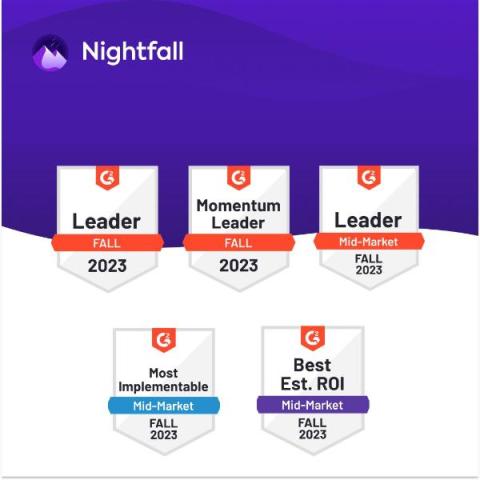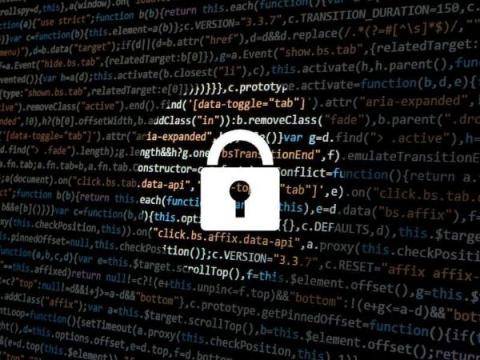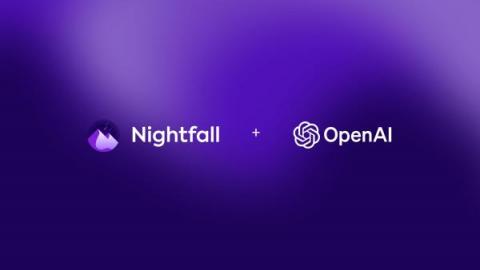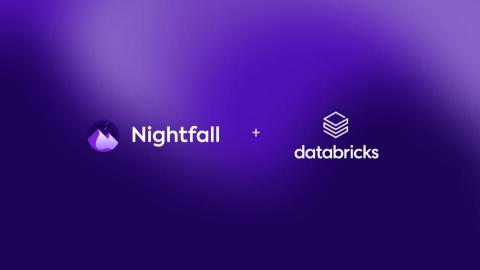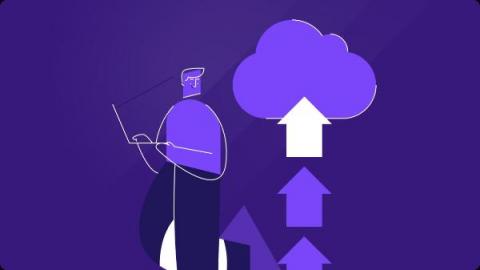Nightfall Named A Leader in Data Loss Prevention (DLP) by G2
Nightfall has been named as a Leader in Data Loss Prevention (DLP), Sensitive Data Discovery, and Data Security in G2’s Fall ‘23 rankings. We’d like to extend a huge thank you to all the customers and supporters who made this possible. This past season, the Nightfall team has been working tirelessly to innovate new ways to keep customers safe in the cloud.


